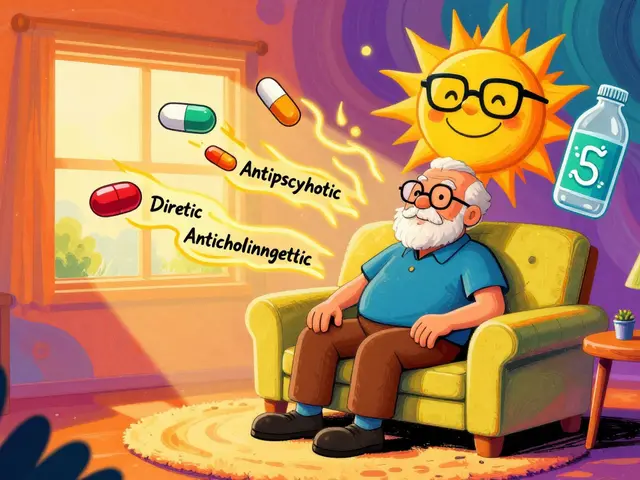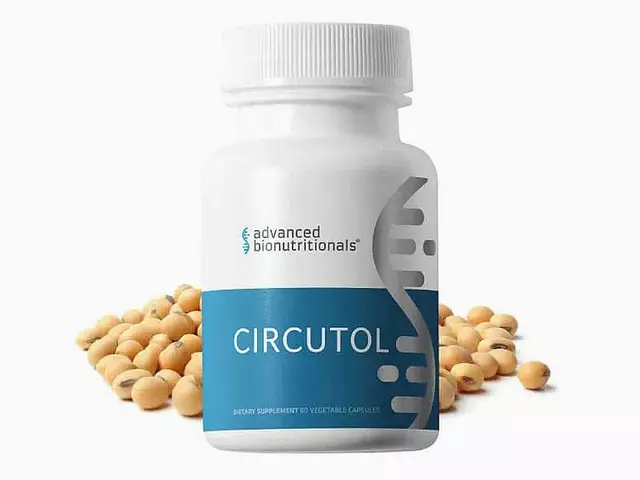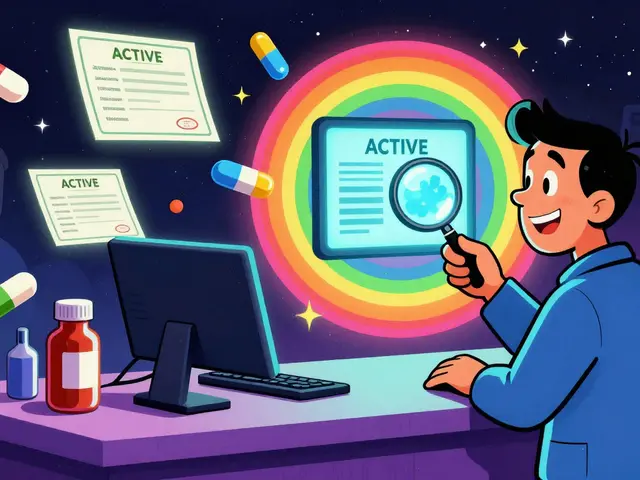Heartburn Treatment: Quick Ways to Find Relief
If you’ve ever felt a burning sensation after a big meal, you know how annoying heartburn can be. It’s basically stomach acid creeping up the esophagus, and it doesn’t have to rule your day. Below are straight‑forward steps you can take right now to calm the fire.
Over‑the‑Counter Options
The easiest fix is an antacid tablet or a short‑acting acid reducer. Tums, Rolaids, and Maalox neutralize acid quickly, giving you relief in minutes. If the burn lasts longer, try an H2-blocker like famotidine (Pepcid) or ranitidine. These lower stomach acid for up to 12 hours and are safe for most adults.
For chronic symptoms, a proton‑pump inhibitor (PPI) such as omeprazole (Prilosec) works best. PPIs keep the stomach quiet for 24 hours but need a few days to kick in fully. Use them at the lowest effective dose and only for short periods unless your doctor says otherwise.
Lifestyle Changes That Work
Food choices matter more than you think. Skip spicy, fatty, or fried dishes when you’re prone to heartburn. Citrus juices, chocolate, caffeine, and carbonated drinks are common triggers too.
Portion size is another hidden culprit. Eating a huge plate overloads the stomach and forces acid upward. Aim for smaller meals spaced throughout the day, and try not to lie down for at least three hours after eating.
Weight matters as well. Extra belly fat squeezes the stomach, pushing acid up. Losing even 5‑10 % of body weight can cut heartburn episodes dramatically.
Raise the head of your bed by about six inches. Gravity helps keep acid down while you sleep. A cheap wedge pillow works if you can’t adjust the mattress.
If you smoke, quit. Nicotine relaxes the lower esophageal sphincter, which is the valve that stops acid from climbing back up.
Home Remedies and Quick Fixes
A spoonful of honey or a few bites of ginger can soothe the lining quickly. Baking soda mixed with water (½ teaspoon in a glass) neutralizes acid but use it sparingly; too much can upset your electrolyte balance.
Chewing sugar‑free gum after meals stimulates saliva, which washes away acid. It’s a cheap trick that works for many people.
When to See a Doctor
If you need antacids more than twice a week, it’s time for a professional check‑up. Persistent heartburn can signal GERD (gastroesophageal reflux disease), which may require stronger prescription meds or an endoscopy.
Watch out for alarm symptoms: difficulty swallowing, unexplained weight loss, vomiting blood, or black stools. Those signs need urgent medical attention.
Bottom line: you can often tame heartburn with a mix of simple OTC meds, smart eating habits, and a few lifestyle tweaks. Keep track of what triggers yours, adjust as needed, and don’t ignore the warning signs. Relief is usually just a couple of changes away.
Protonix: The Straight Facts On Pantoprazole, Heartburn, and Real-life Relief
Does heartburn have you reaching for relief? This detailed guide on Protonix covers how it works, what to expect, tips for safe use, side effects you shouldn't ignore, and real-life tips for living better with acid reflux. Simple, practical info—no jargon, just useful advice you can actually use.






